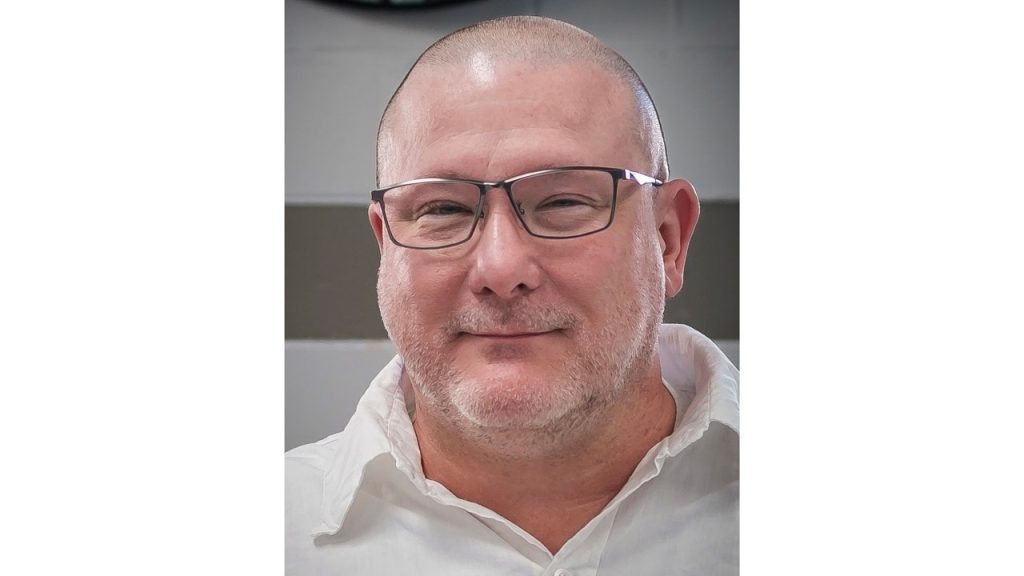Republican Missouri Gov. Mike Parson recently denied clemency for death row inmate Brian Dorsey, who is set to be executed for the 2004 killings of his cousin, Sarah Bonnie, and her husband. Dorsey sexually assaulted Sarah Bonnie’s corpse after killing her, leading his attorney, Megan Crane, to voice disappointment in the governor’s decision. Despite a petition supported by 72 current and former corrections officers attesting to Dorsey’s rehabilitation and remorse, as well as input from a former Missouri Supreme Court justice, Parson has chosen not to grant clemency. This decision comes just one day before Dorsey’s scheduled execution, marking the first time Parson has faced and denied a clemency request as governor.
Dorsey’s lawyers have filed appeals focused on his positive behavior record in prison and the circumstances surrounding his trial. They argue that his trial lawyers’ flat fee payment of $12,000 did not incentivize them to fully invest time in his case, leading to a guilty plea without an agreement from prosecutors to spare his life. Despite claiming to be suffering from drug-induced psychosis at the time of the killings, Dorsey’s attorneys emphasize his transformation and sobriety while incarcerated. One correctional officer stated, “The Brian I have known for years could not hurt anyone…does not deserve to be executed.” Former Missouri Supreme Court Justice Michael Wolff even admitted that the court’s decision to deny an appeal in 2009 was wrong, now that Missouri Public Defenders no longer use the flat fee arrangement for defense.
As Dorsey’s execution approaches, the Missouri Department of Corrections has taken steps to address concerns surrounding his health conditions. A federal lawsuit regarding potential pain during the execution due to difficulties in finding a suitable vein for injection of the lethal dose of pentobarbital has been settled. Dorsey’s obesity, diabetes, and former drug use all contribute to the fear of suffering during the procedure, especially without the use of anesthetics. The settlement, while not specifying changes made by the state, is intended to prevent any unnecessary pain for Dorsey and ensure his rights to religious freedom, such as interacting with a spiritual adviser and receiving last rites, are upheld during the execution process.
Despite the efforts made by Dorsey’s legal team and the support he has garnered from corrections officers and legal professionals, the denial of clemency by Gov. Parson has left the inmate facing imminent execution. Dorsey’s case raises important questions about the fairness of trial proceedings, the use of flat fee payments for defense attorneys, and the ethical considerations surrounding the execution process, particularly when dealing with individuals with pre-existing health conditions. As the scheduled execution date draws near, Dorsey’s advocates continue to push for a reconsideration of the governor’s decision, highlighting the inmate’s efforts at rehabilitation and the broader implications of his case on the criminal justice system in Missouri. In the absence of a last-minute intervention, Dorsey’s fate rests on the outcome of his pending appeals and the state’s implementation of measures to address his health concerns during the execution.


